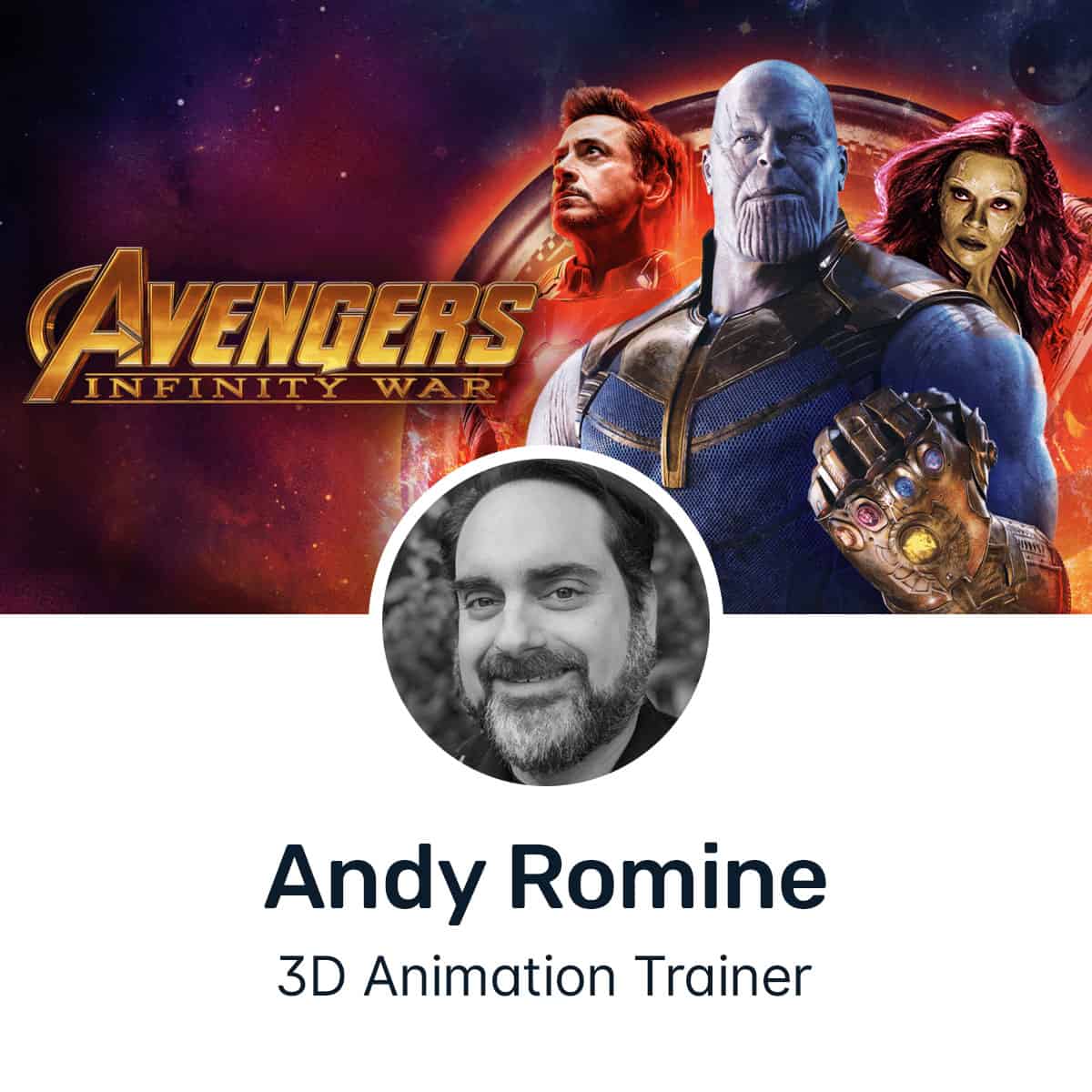7 tips for aspiring
filmmakers
From an AIE industry professional
AIE expert experience:

Meet your expert
Dan Sanguineti is an award winning filmmaker, producer, writer and content creator and is the Senior Filmmaking Trainer & Course Content Developer at AIE Canberra Campus. He is an advocate of inclusive and accessible filmmaking, and was from 2019-2022 a filmmaking tutor for Bus Stop Films Canberra, in their Accessible Film Studies program. He studied for a Master of Creative Writing and a Bachelor Degree in Communication specialising in Media and Multimedia at the University of Canberra.
Over the course of his 20 years working as a filmmaker, he has a numerous of feature, web series and short form credits, including AACTA nominated Best Film 'Sissy', Aussie Cult Zombie Comedy, ‘Me and My Mates vs the Zombie Apocalypse,” Canberra Short Film Festival Best Web Series 'Fragments,' Gold Coast Film Festival Nominated Best Web Series 'At the Phoenix', Academy Qualifying St Kilda Film Festival Official Selection and BAFTA Qualifying Oska Film Festival Official Selection 'Dungeons, Goblins and Broccoli' and multiple International and Australian award winning 'The Way Sam Sees It.'

Dan Sanguineti
AIE Filmmaking Trainer
Tips for aspiring Filmmakers
Tip 1
Be Authentic and Tell Meaningful Stories
Your unique voice as a story teller is what will connect most with an audience through your films. Through whichever genre or style you choose to tell your stories, build upon established story structures, and use your authenticity and your own experiences to develop a unique character's physical and emotional journey through that story. Ordinary people doing extraordinary things always make great films! Think Die Hard (a policeman in the wrong place at the wrong time); Jurassic Park (kids face cloned dinosaurs); Lord of the Rings (a gardener helps his friend destroy evil!).
Tip 2
Watch lots and lots of films
Make a commitment to watch films you've never seen before, and consider what went into making them. Often older films can inform technique and style that has developed modern filmmaking and technology - such as how rear projection techniques and blue/green screen practices evolved into integration of in-camera visual effects and virtual production. Watch badly reviewed films to understand what motivated such reviews. Watch award winning films to guide goals. Watch high grossing and low grossing films to develop insights into audience habits. Filmmakers have to watch all types of films to be better filmmakers.
Tip 3
Practice Filmmaking Every Day You Can
They say, it takes doing something 10,000 times to master it. However you choose to master your craft, be it framing 10,000 shots with your camera, or editing 10,000 pieces of content, or spending 10,000 days (that's 27 years!) mastering filmmaking, it essential to remember it will take time to develop and grow your skills. Practice every day you can, and don't give up.
Tip 4
Make Friends and Build a Network
Filmmaking is a team sport. You have to find your people! While its important to be in the know and have lots of knowledge, it will always come down to who you know. Consider as an example, a film friend you've collaborated with previously, they might recommend you for a job they are booked on or a producer needs to fill a role on a shoot and remembers you from the industry event where you introduced yourself. Crucially, you are as good as your last performance on a job. So maintaining your relationships and networks to work for you it a must.
Tip 5
Get on set experience and be present
If you have the opportunity to work on any film set, do it! When you are starting out, be ready to put your hand up, take on the low level roles such as production assistant or runner, be on time, listen constantly and be switched on every moment you are on set. Get close to those running departments you want to get in to and show how hard you are willing to work for it. As you build your credits, opportunities will become easier to gain and your hard work will pay off.
Tip 6
Be proud to share your achievements
Success is defined differently for everyone. Finishing a film is as valuable to one person, as is winning an award for another. So don't define your success on what others have done. Build your portfolio that is unique to you, highlight your strengths and best attributes. A great film portfolio demonstrates confidence in your knowledge and abilities, regardless of how much experience you have so far.
Tip 7
Be Kind, Be Inclusive
The attitude you bring to your work and practice as a filmmaker always matters most. Kindness and understanding will always win the day and be remember most by others. Building inclusion through your filmmaking with people of diverse backgrounds, cultures, disabilities and voices will only enhance your work and help you grow and reach filmmaking goals.






